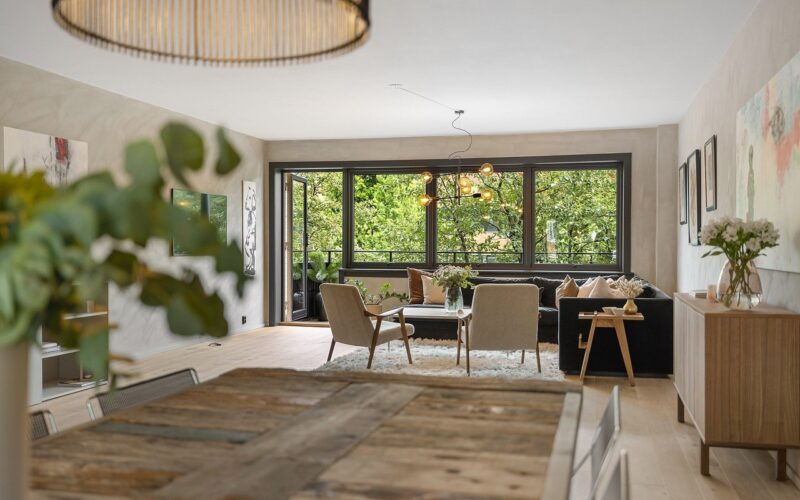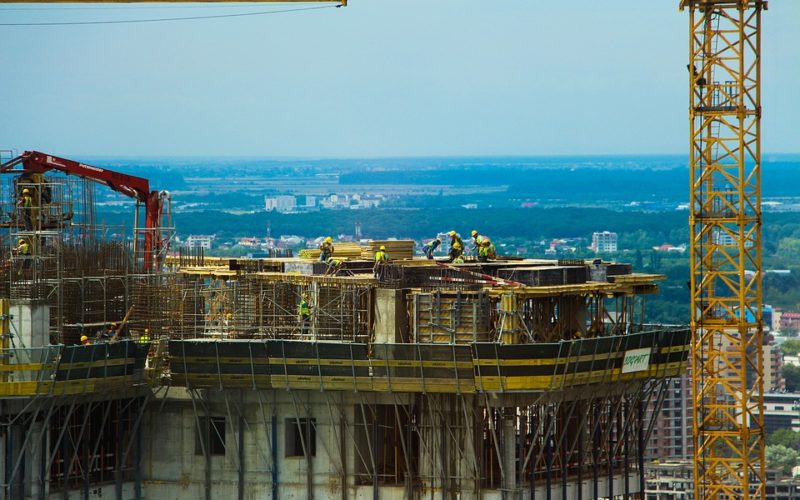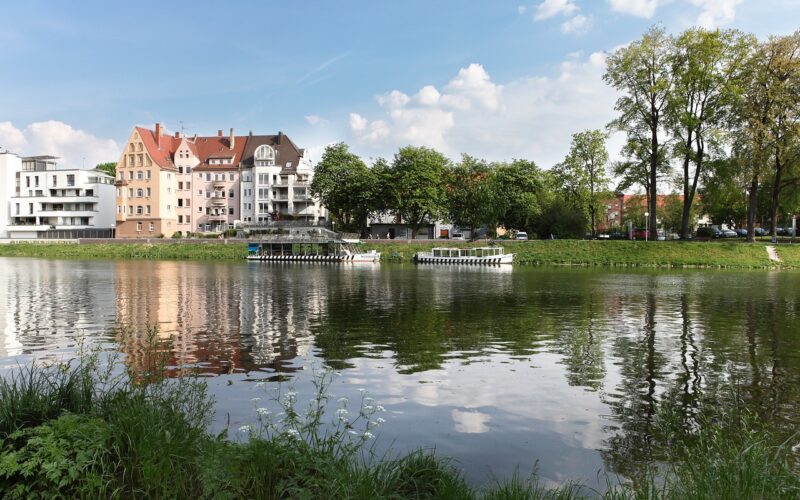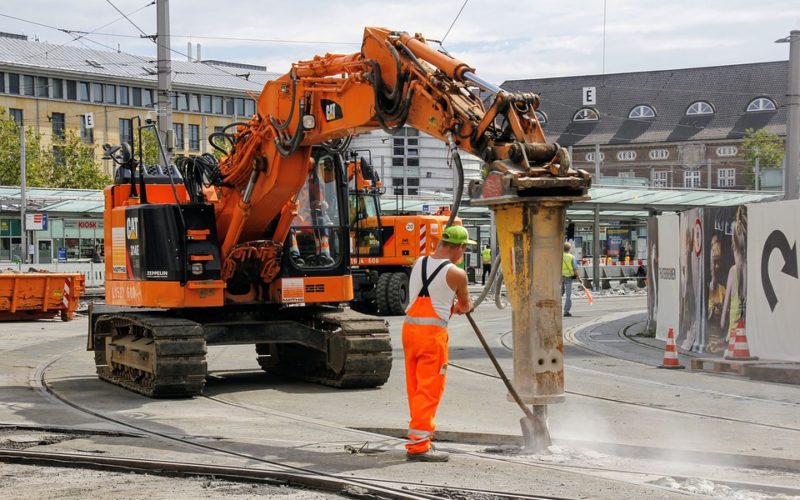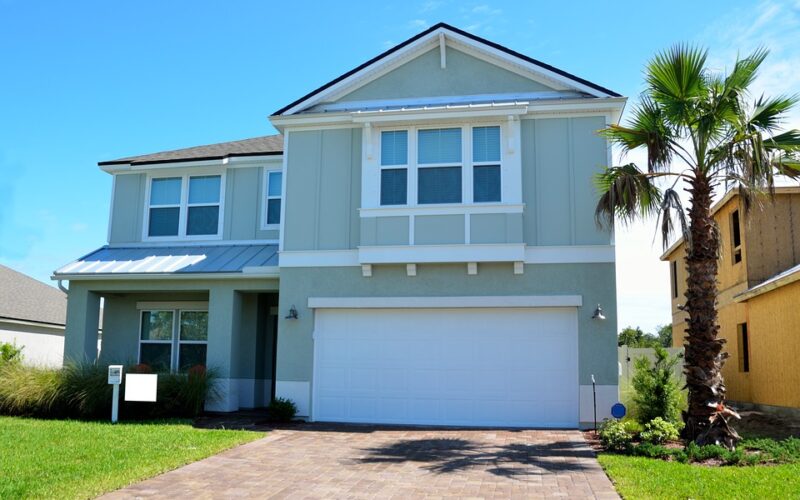It's no secret that the housing crisis has been weighing heavily on our minds in recent years. In many areas where home buying is becoming increasingly competitive, social housing is seen as one of the most viable options for providing affordable settlements to those who need it the most. Not only can these schemes help provide long-term security for families and individuals who don't have access to traditional private living arrangements, but they also serve as a reminder of our communities' obligation towards helping each other thrive by creating better opportunities for people from all walks of life.
Social housing projects are often complex and varied in nature – from revamped estates designed to meet modern needs, to temporary homes set up during times of particular difficulty such as natural disasters or economic downturns.
Social Housing and its role in society
Social housing is a crucial part of any modern society. It provides affordable and stable accommodation to those who are most in need, including low-income families, elderly citizens, and people with disabilities. Social housing schemes can take many forms, including rental units, co-operative housing projects, and shared equity ownership structures, but they all share a common goal: to enable people to live in decent homes without being burdened by unaffordable rent or mortgage payments.
The provision of social housing not only helps to address the issue of homelessness, but also has wider positive impacts for society, contributing to a greater sense of community, reducing inequality, and promoting social cohesion. In short, social housing plays a vital role in ensuring that everyone has a safe and secure place to call home.
Types of social housing and how they differ
Social housing is a term that encompasses a variety of living arrangements that aim to provide affordable homes for those in need. The different types of social housing include council housing, housing association properties, cooperative housing, and community-led housing. Each type of social housing has its own unique characteristics and approach to providing comfortable, secure, and affordable living spaces. Council housing, for example, is owned and managed by local authorities while housing association properties are managed by non-profit organisations.
Cooperative housing allows tenants to collectively own and manage their homes, while community-led housing is designed and developed by community groups themselves. Understanding the differences between these types of social housing can help individuals and families find the living situation that best meets their needs.
Benefits of social housing
Social housing is a vital component for cities and communities, providing a range of benefits that extend beyond simply providing a roof over someone's head. It helps to create socially inclusive and mixed communities, reducing segregation and improving social cohesion. Additionally, it can help to reduce homelessness and provide affordable living arrangements for those who might otherwise be struggling to keep their heads above water. Social housing can also be a catalyst for local regeneration, rejuvenating rundown areas and creating new opportunities for local businesses and employment.
Challenges in providing social housing
Providing social housing has its fair share of challenges that can be tricky to navigate. One of the biggest obstacles is the high demand for affordable housing. With the rising cost of living, there are more people who need housing assistance than there are available units. Furthermore, social housing requires a significant investment, both in terms of time and money, which many local authorities struggle to provide. Another challenge is finding suitable locations to build social housing.
Often, available land may already be developed or too expensive to acquire. Despite these challenges, social housing is a crucial aspect of ensuring that everyone has access to safe and decent housing, and society needs to continue to strive towards making it a reality for as many people as possible.
The impact of private developers on social housing projects
As cities grow and expand, the demand for affordable housing becomes increasingly urgent. Social housing projects play a crucial role in addressing this need, providing homes for low-income families and individuals. However, private developers have a significant impact on the development and maintenance of these projects. On the one hand, they can bring in crucial funding and expertise, helping to create better and more efficient housing.
On the other hand, their profit-driven approach can sometimes conflict with the social goals of these projects, potentially leading to the displacement of vulnerable residents. As such, the relationship between private developers and social housing is a complex and often contentious one, requiring careful consideration of the goals and interests of all involved.
